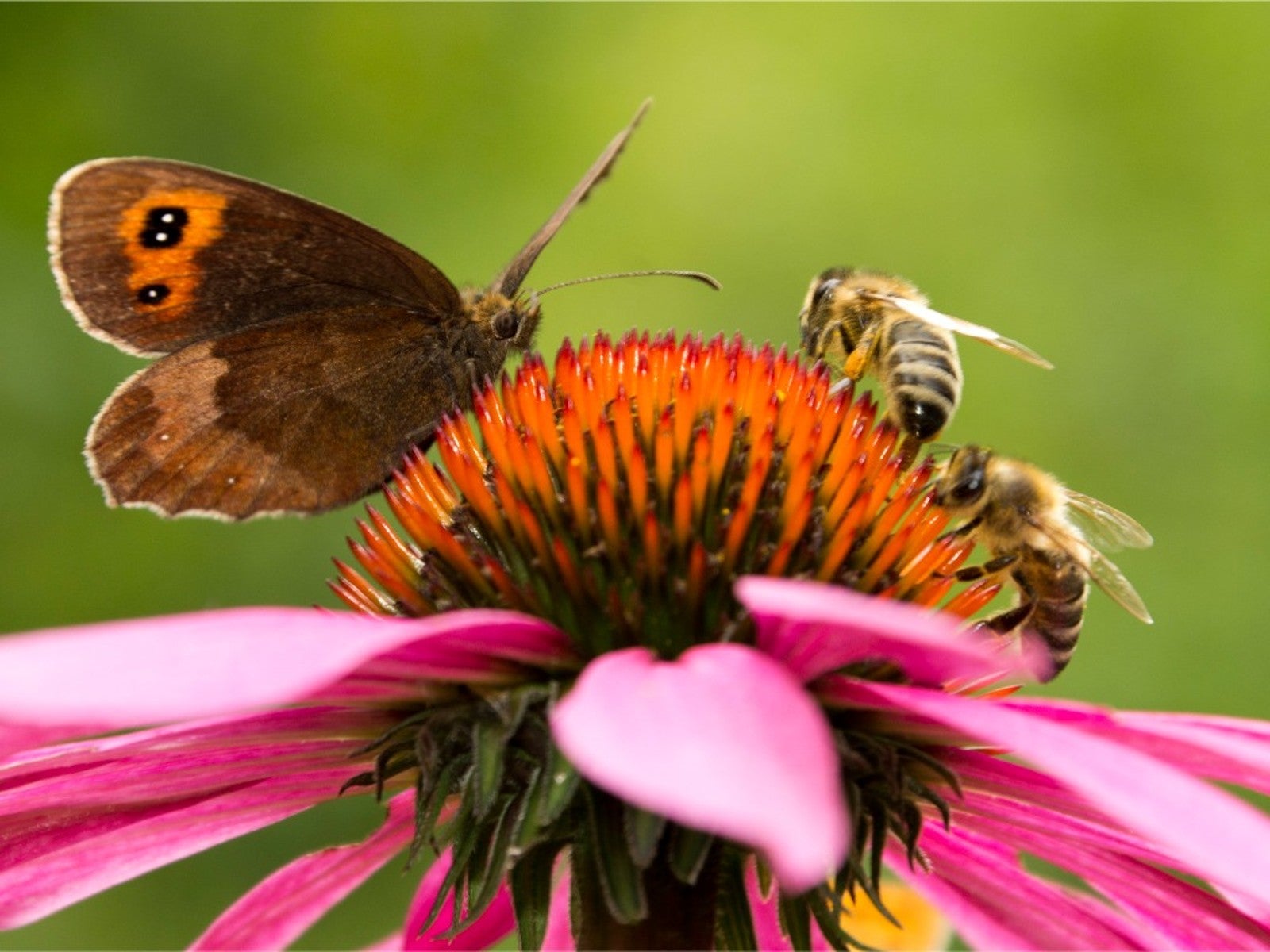What Is An Ecosystem? How Your Garden Is An Ecosystem


You may not always think of your yard or garden as an ecosystem, but it is. As the gardener, you are part of the ecosystem too. How you garden impacts the ecosystem and the surrounding environment. It’s important to understand what this means, so you can make the right choices to maintain a healthy garden ecosystem.
What Is an Ecosystem?
An ecosystem is an area containing plants, animals, and other organisms and all their interactions. It also includes natural components, like minerals and water. Each component of an ecosystem influences the others. An ecosystem can be as large as the Amazon rainforest and as small as your backyard garden.
Components of Ecosystems
The components of any ecosystem can be divided into two types: biotic and abiotic. Biotic components are living organisms and include plants, fungi, microorganisms, and a variety of animals. They can be primary producers, herbivores or carnivores, omnivores, or detritivores, which are organisms that eat decaying organic matter, like earthworms.
Abiotic components of an ecosystem include water, sunlight, minerals, oxygen, and temperature. Soil is often a mixture of biotic and abiotic components.
Structure of Ecosystems
The structure of an ecosystem is how it is organized and how the components interact. Biotic and abiotic components are the most basic element of the structure. Within each of those structures are substructures, such as the type of consumer and energy flow in the system.
Energy Flow in an Ecosystem
Another important aspect of an ecosystem is the flow of energy through it. Energy moves from one component of the system to another in many complex ways. Sunlight is the primary source of energy in most ecosystems. Plants take energy from the sun to make food.
Plants, in turn, are eaten by animals, passing energy on to them. When a carnivore eats an herbivore, it takes energy from that animal. Dead plants transfer energy to microorganisms and earthworms. These decomposers break down plant material, producing heat, another form of energy.
Sign up for the Gardening Know How newsletter today and receive a free copy of our e-book "How to Grow Delicious Tomatoes".
Types of Ecosystems
There are many varied ecosystems on the planet. In fact, the earth itself can be considered one very large ecosystem. The broadest categorizations of ecosystems include:
- Forest
- Grassland
- Desert
- Tundra
- Aquatic
Within these categories are many, many more specific types of ecosystems. They vary depending on the components and how they interact. They can also be very small. There is an ecosystem of bacteria living in your gut, for instance. The insects living under one of your flowerpots are part of their own little ecosystem.
Importance of Ecosystems
Ecosystems are important to the organisms living within them but also to humans all over the planet. We rely on healthy ecosystems for food, clean water, air purification, and climate and weather regulation. When ecosystems change too much or too quickly, humans feel the effects.
For example, deforestation in the world’s large rainforests obviously harms the inhabitants of those systems. But, it also contributes to climate change by reducing the amount of plant matter available to absorb carbon. We all feel the effects of a warming planet.
The Ecosystem of a Garden
Some might argue that a garden is not a natural ecosystem, but that depends on your point of view. If you consider the fact that you, as the gardener, are part of the ecosystem, then it is certainly natural.
Your ecosystem might be small, but it is vital. A healthy garden ecosystem impacts the natural local environment. For instance, by planting native flowers, you support the population of local pollinators.
Ecosystem diversity is one of the most important ways you can create a healthy system in your backyard. A wide variety of plants provides habitat and food for a wide variety of animals. It also limits the ability of any one pest or disease to spread and cause damage.
Other ways you can boost the health of your garden ecosystem are to avoid chemical pesticides and herbicides, limit fertilizer use, limit the cleanup of natural materials like leaves, and improve the soil with organic material and no-dig gardens.
The garden as an ecosystem is an interesting viewpoint that can help you make positive choices that will help it thrive. For a healthier, happier garden, cultivate a healthy ecosystem.

Mary Ellen Ellis has been gardening for over 20 years. With degrees in Chemistry and Biology, Mary Ellen's specialties are flowers, native plants, and herbs.